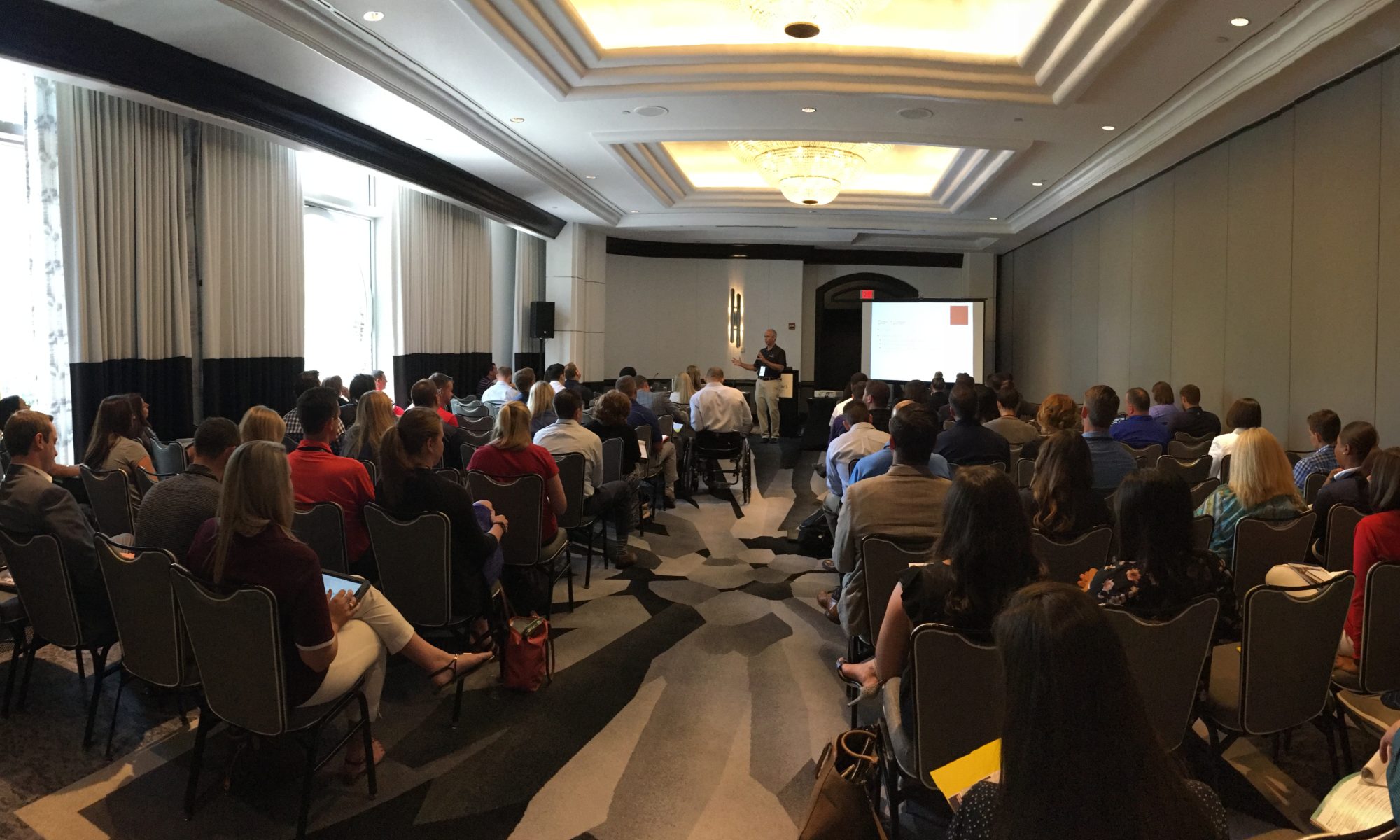A recent conversation with one of my 1-on-1 athletes led to thinking about thinking. (If you are a human being who is seeking to grow your leadership, athlete or not, read on.)
I noticed some patterns in this athletes words, phrases, and images. They led me to share some great insights from the father of Positive Psychology, Dr. Martin Seligman with his 3 P’s of Thinking. When I observe these, I know there can be trouble, a slippery slope into a fatalistic approach to leadership, competition, and life.
Here is an excerpt from my book in progress, “The Journey from Average to Elite”:
1. Personal – The brain begins to interpret the event in a personal way. “Why didn’t that sale happen? I’m no good.” When a race goes poorly, when a salesperson doesn’t make a sale, when anything negative results, if “I’m a failure” becomes your self-talk, you will be held in the grip of the past.You interpret in a way that says: “I’m not good enough.” Every leader does stuff that doesn’t work. But the “dummies” don’t take it personally. They say “I guess they weren’t ready, or I need to tweak the presentation.”
But they don’t conclude it’s because “I’m not good enough.” And they go on to succeed. You will never see an elite athlete carrying this baggage to the next level because the baggage is too heavy to make it that far. It will be a ball and chain, keeping you anchored in place.For those who take it personally, the brain begins to shut down, and goes to the next P.
2. Pervasive – “My whole life sucks.” The individual event becomes the picture for everything. It goes to a different region of the brain and everything goes bad. Then there’s another event. You get an email that’s critical. You have another bad performance. You injure yourself, and see it as evidence that it’s because you are you. It reinforces the first two Ps. Then to the third P:
3. Permanent – You think it’s permanent. Once the brain begins to go into this state, things can get bad. It’s a downward spiral with force that seeks to keep you down. But there is a way out. I challenge this thinking with athletes, asking questions that often start with, “Really?” One athlete was so deep, I leaned forward and said, “It’s a good thing you get up in the morning or the sun wouldn’t even rise!”
My recent 1 on 1 conversation went from crying (because it was so bad) to laughing and then crying because of the relief.
Do you see yourself? Do you see your co-workers? your athletes? your boss?
